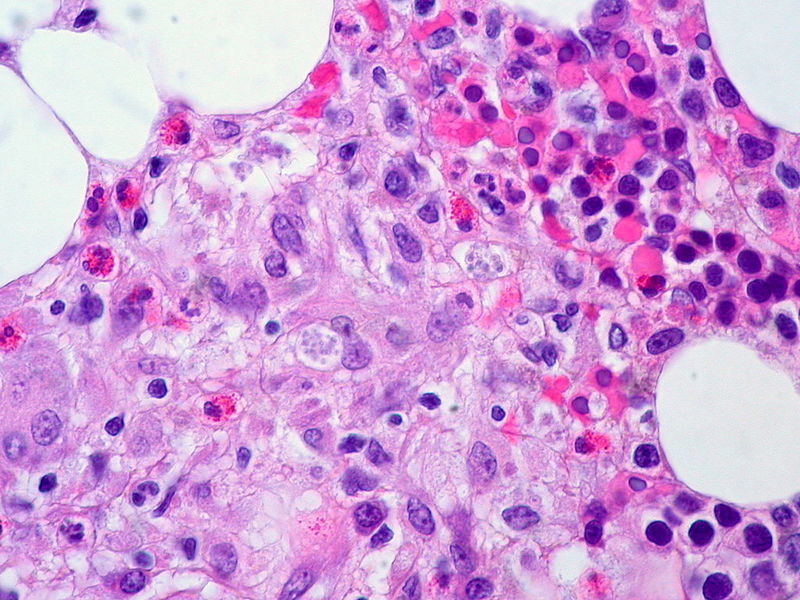UCT opens world’s first centre to tackle African fungal infection-related deaths
15 August 2017 | STORY supplied
The world’s first international research centre for tackling fungal infections – which kill around 1.3 million people globally every year –officially opened, in collaboration with the University of Aberdeen, at UCT last week.
The majority of global deaths related to fungal infections happen in Africa, particularly sub-Saharan Africa.
In this part of the world, fungal infections contribute to between 600,000 to one million deaths – more than malaria and around the same number of deaths as tuberculosis.
In sub-Saharan Africa, around 50% of people diagnosed with invasive fungal infections die as a result of the infection. For example, in 2008, there were 1 million cases of cryptococcal meningitis in patients with HIV/AIDS, resulting in more than 500,000 related deaths.
Now the University of Aberdeen’s internationally recognised Aberdeen Fungal Group and UCT have established the world’s first research centre focussed on tackling these diseases in Africa.
The £600,000 University of Aberdeen AFGrica Unit will be based at UCT’s Institute of Infectious Disease and Molecular Medicine, headed by Professor Valerie Mizrahi.
The new unit will give the Aberdeen Fungal Group experts a centre of operations in Africa where they can work in collaboration with UCT experts to establish research programmes that can target the priority areas in fungal diseases that are relevant to the continent.
The development supports the ongoing objectives and activities of the prestigious Medical Research Council (MRC) Centre for Medical Mycology, set up at the University of Aberdeen in February 2016. It also builds on an existing Wellcome Trust-funded Strategic Award (led by the Aberdeen Fungal Group), where PhD students from low and middle-income nations (including Africa) are trained in Aberdeen and other medical mycology Centres in the rest of the UK. Upon obtaining their degree, these students then return home with their new skills to help address critical fungal research and training needs in their own countries.
“Fungal infections are understudied and under-diagnosed compared with other infectious diseases, despite their contribution to so many deaths every year,” explains Professor Gordon Brown from the University of Aberdeen Fungal Group, who led the setup of the AFGrica Unit.
“Fungal infections kill more people in Africa than anywhere else on the planet. The AFGrica Unit is a unique opportunity to address the urgent need to improve basic knowledge and clinical management of fungal infections in Africa.
“This research and training centre gives us a foothold in Africa and the opportunity to collaborate with our colleagues at UCT to create a truly unique facility that will advance research to combat fungal killers, and just as importantly, to train more African experts specialising in this area.”
Professor Mark Nicol, head of UCT’s Division of Medical Microbiology in the Department of Pathology, and member of the IDM, said: "This is a wonderful opportunity to develop a centre of excellence for fungal infections on the African continent. We will have the opportunity to extend the pioneering clinical research on fungal infections taking place at UCT, by collaborating with scientists studying the biology and immunology of fungal infections at the world-leading centre in Aberdeen.”
Image: Fungal infection, bone marrow by Ed Uthman from Houston, TX, USA [CC BY 2.0 (http://creativecommons.org/licenses/by/2.0)], via Wikimedia Commons
 This work is licensed under a Creative Commons Attribution-NoDerivatives 4.0 International License.
This work is licensed under a Creative Commons Attribution-NoDerivatives 4.0 International License.
Please view the republishing articles page for more information.










